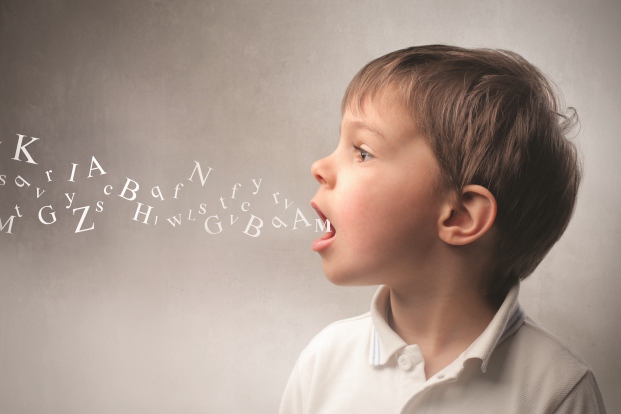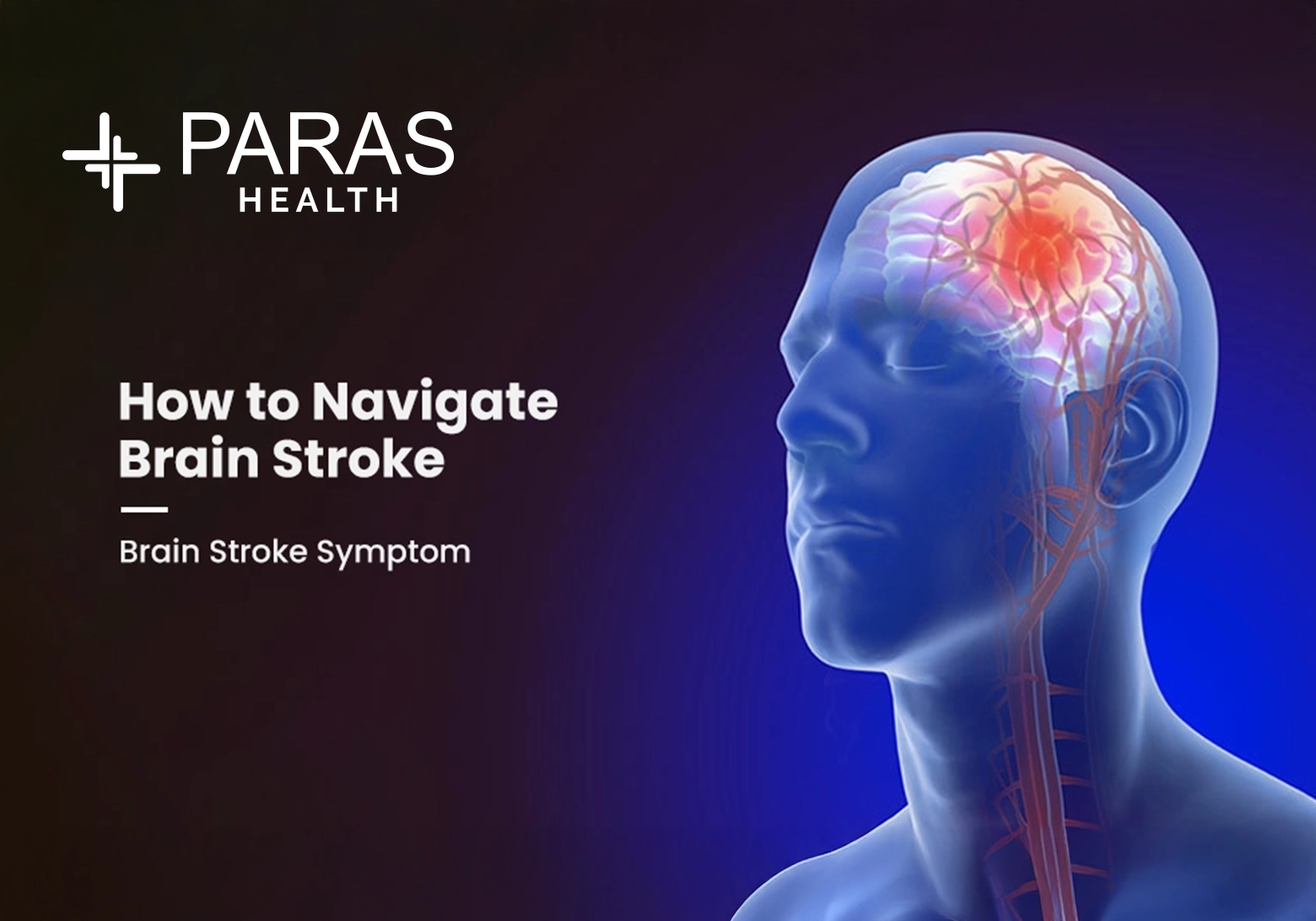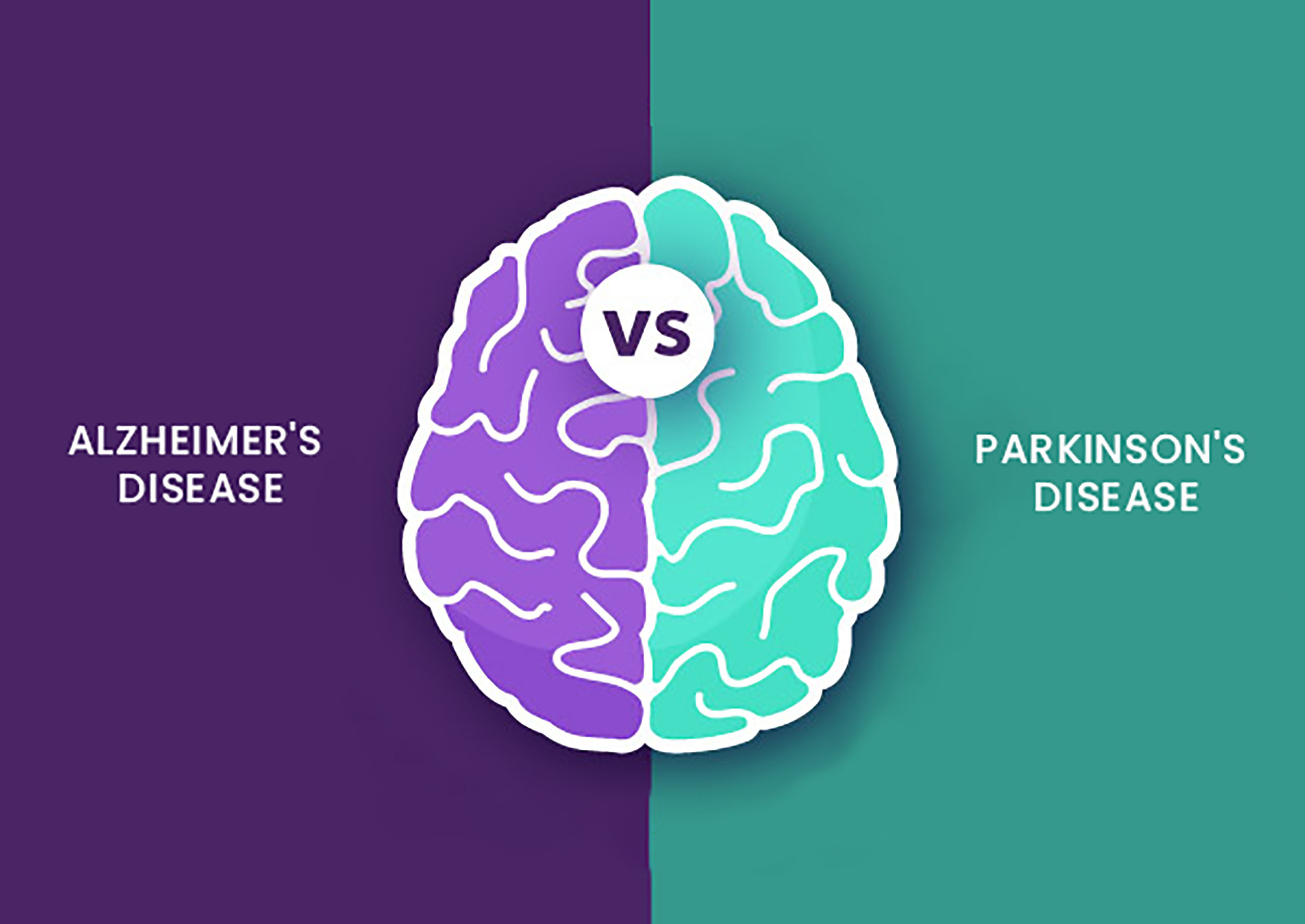Why Don't Children with Autism Respond to Speech?

Apr 19, 2022
Language is so important and frequently used that it’s easy to take language skills for granted. But for those people who are living with autism, developing language skills and understanding emotions and intent in human speech can be extremely difficult. Researchers have found that children with autism, the brain that connects speech recognition to the brain’s reward centers are different in pathways than in typically developing brains.

Autism and Language:
Unlike typically developing children, autistic children are often insensitive to language or speech.
Generally, babies are extremely attracted and attentive to the different types of sounds, including speech, even though they have no idea what is being spoken. In contrast, autistic children often do not respond to speech. This indifference to speech is thought to precipitate speech and communication deficits in these individuals.
What causes Autistic children not to understand the speech?
In ASD children, the reward pathway in the brain is not as well connected as it is in typically developing (TD) children. Children with autism have weak brain connectivity between voice-selective parts of their brain and the reward pathway, a series of brain structures that are critical for anticipating and experiencing.
While “reward pathway” sounds like an abstract and slightly simplified version of what goes on in your brain (and it certainly is), it’s not something to be underestimated. Think about the reaction when one has to listen to music or eating chocolate. When someone engages in these sorts of pleasurable activities, the reward pathways in your brain become active. In children with autism, a similar reaction should happen when they hear the speech, but it simply doesn’t.This result strongly suggests that impaired reward circuitry in the brain could be a key component to speech insensitivity in children with autism.
In addition, in children with Autism, there is weak connectivity between the voice-selective cortex and the amygdala, which processes emotions, in the brain. This is important because it may help in explaining why children with autism don’t respond to speech and often have difficulty interpreting emotional content that is conveyed in speech







